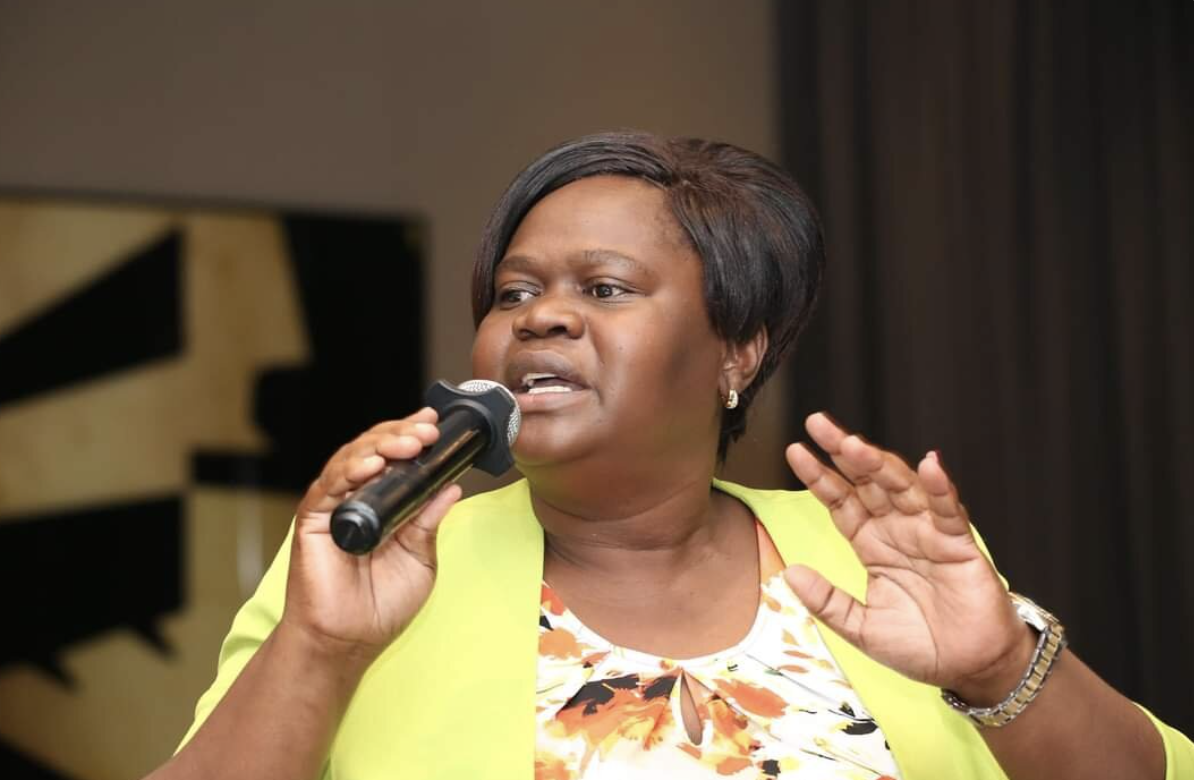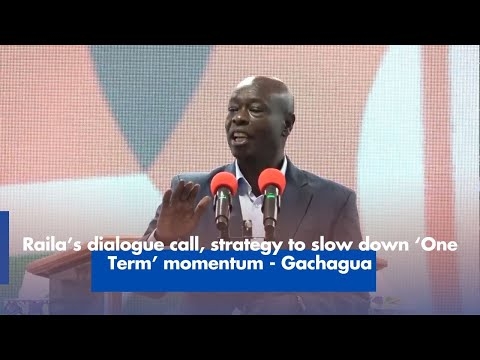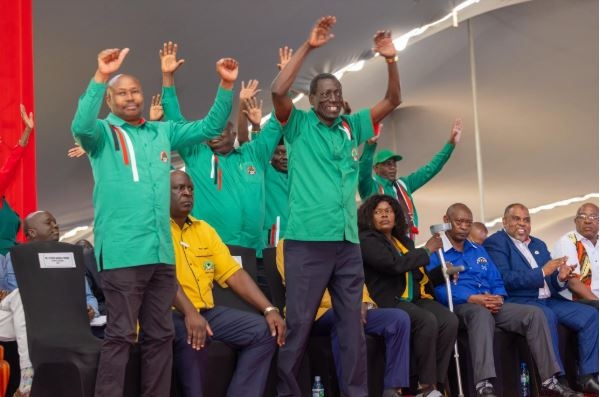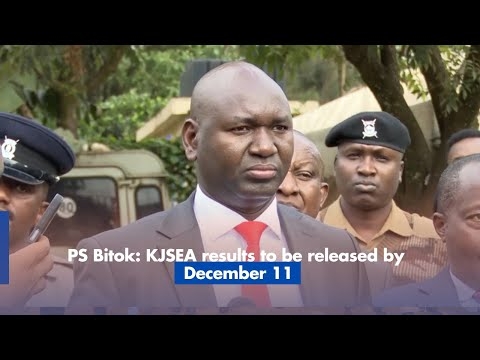

Homa Bay Governor Gladys Wanga has defended ODM Party Leader Raila Odinga’s proposal for a national conclave to address the growing unrest and frustrations expressed by the youth.
Wanga underscored the importance of dialogue as a way to resolve grievances, stating that the party’s call for a national conversation stems from a genuine desire to de-escalate tensions, not political self-interest.
“The anger is palpable, that’s why the party leader is saying, ‘Come, let’s talk.’ That was his position even last year,” Wanga explained.
“Our position is: let people talk. Nothing cannot be resolved with people just airing their grievances.”
She dismissed claims that Raila Odinga was seeking personal gain from the proposed talks, insisting that the former Prime Minister was simply acting in the interest of national peace and stability.
“Even Baba is just a statesman. There’s nothing more he wants. Talking has never killed anybody. Let people just talk – it is a better option than anger or anarchy," Wanga said.
Raila proposed the formation of a national conclave that would include representatives from across Kenya’s 47 counties—40 delegates in total—to facilitate a countrywide dialogue on pressing social, political, and economic issues.
The idea is to provide a platform for diverse voices, especially the youth, to engage in structured civic conversations aimed at shaping a more inclusive national agenda.
In a statement, Wanga emphasised that if citizens feel that certain constitutional provisions are not being upheld, the conclave could offer a forum to examine those issues constructively.
“If people feel the Constitution is not being implemented as it should, then let the conversation happen in a structured manner that focuses on the most pressing areas,” she added.
One of the core areas she highlighted is the need to end extrajudicial killings—an issue that featured prominently in recent demonstrations and the growing list of demands from Kenyan youth.
Wanga reiterated that issues outlined in previous agreements and memoranda of understanding, such as curbing police brutality, must be acted upon, not shelved.
However, not all leaders are in agreement with Raila’s approach.
Former Interior Cabinet Secretary Dr. Fred Matiang’i criticised the conclave proposal, calling it a “recycled and ineffective” solution that fails to match the urgency and depth of youth demands.
He argued that Gen Z and young Kenyans are not asking for more meetings or roundtable talks, but for tangible reforms that address systemic issues like corruption, unemployment, inequality, and impunity.
“The Kenyan youth are not calling for mere conversations,” Matiang’i said.















